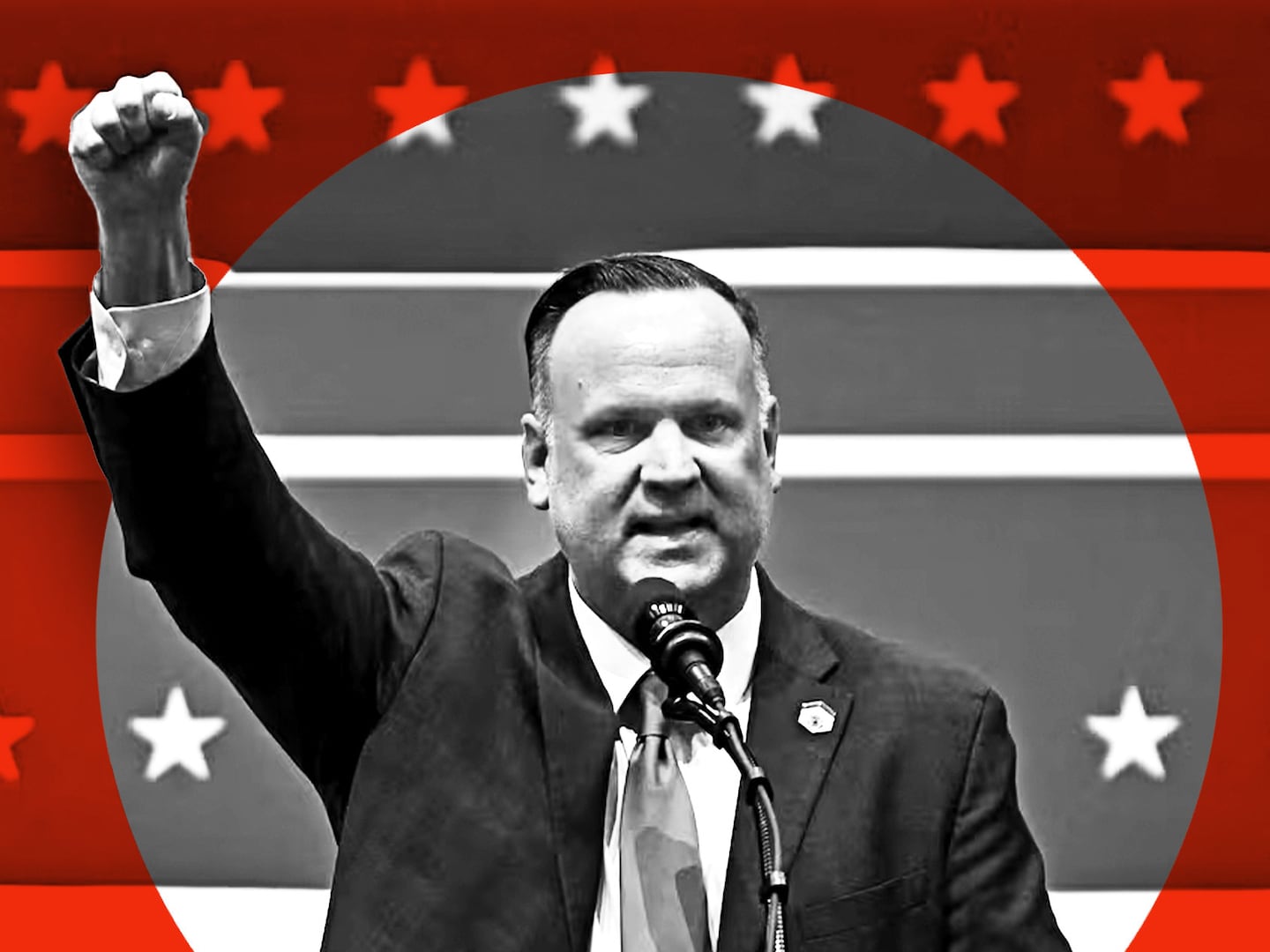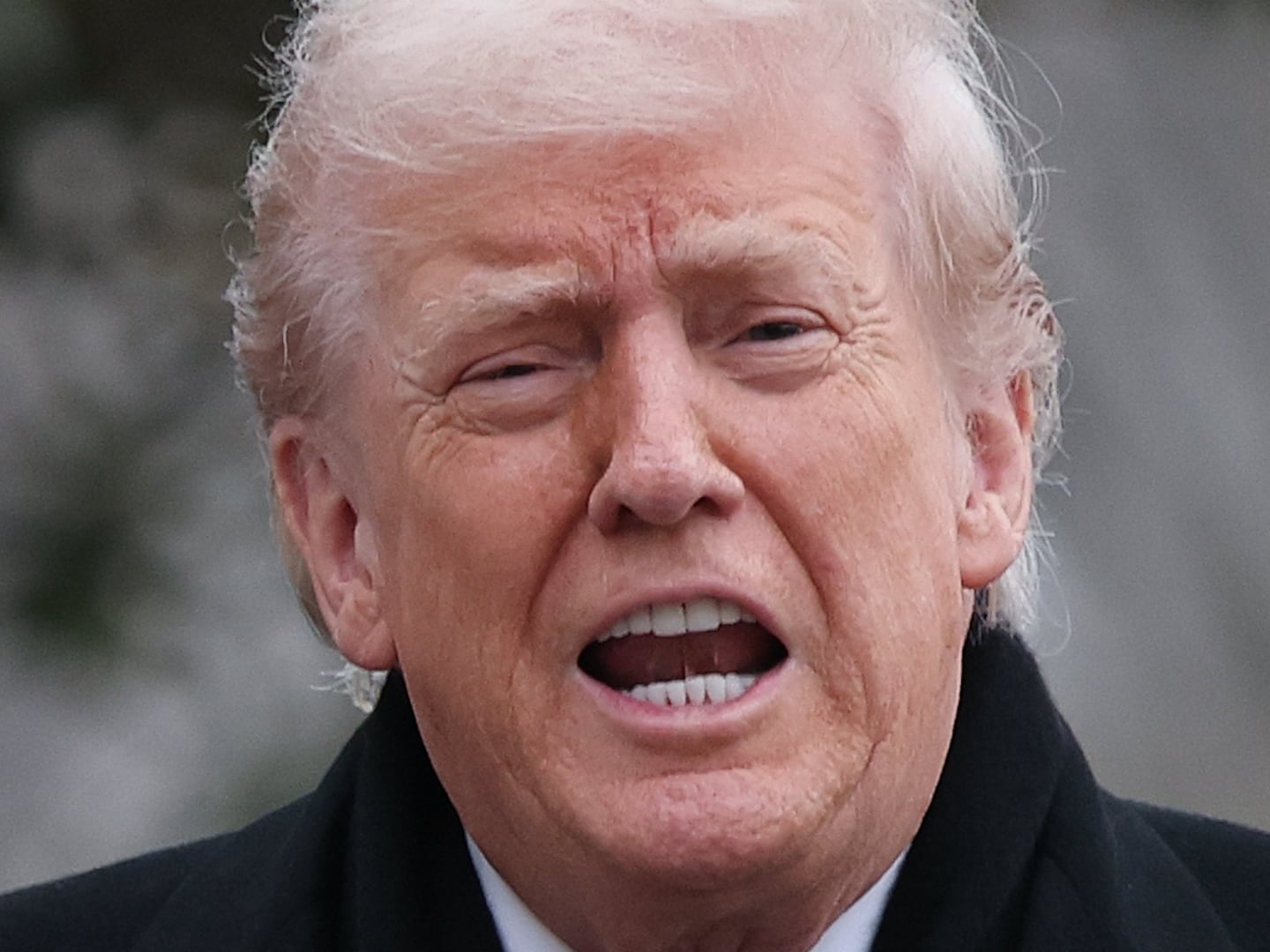Matt Yglesias and I both attended Brookings Papers last week, where we heard about new research from authors Bruce Meyer of Chicago and James Sullivan of Notre Dame on measuring poverty rates in the United States. Matt has an able discussion of the paper's main findings, so I'll just summarize: the official poverty line is a sort of weird measure that made sense in the 1960s, when it was developed, but doesn't now. It puts far too much weight on food, and doesn't include non-cash government transfers. And even beyond that, it seems to be missing quite a bit of income, because measured consumption is substantially higher than measured income for poor families.
This paper is apt to become an ongoing football in the war over poverty statistics, which has been going on for at least 25 years, ever since Robert Rector of Heritage released a study showing that most poor people have running water, electricity, refrigerators, televisions, or so forth; some 22,000, he reported, had jacuzzis or heated swimming pools.
I'm not quite sure I'd trust the statistics on that last; according to Jason DeParle, the actual number of poor people in the sample who enjoyed such amenities was four. Rector extrapolated to a national average: fine with running water, not so fine with such a small number of observations. On the other hand, given the collapse of exurban real estate values in many parts of the country, it's possible that more than 22,000 poor people are now enjoying a heated swimming pool--at least, if they can afford the electricity bill.
Ever since that report, it's been conservatives on one side, pointing to the consumption data, while liberals retort that there is more to life than flat screen televisions. And I'd say that both sides have a point. When you look at what people are consuming, you don't see the gross material deprivation that really used to characterize being poor, like lack of hot water, regularly having no food in the house, shivering yourself to sleep in the cold, or wearing patched (or worse, unpatched) clothes. Younger poor people quite frequently have things that older non-poor people consider nonessential luxuries, like cable or satellite television, expensive sneakers, and high-end cellular phones. On the other hand, it's still really terrible to be poor, and there are quite clearly rather a lot of people suffering this terribleness.
So how do we reconcile these two observations? There's what I'd call the implicit conservative view, which is that poor people are not so much lacking in money, as lacking in the self-discipline to spend their money wisely. This view is reinforced by the fact that a lot of immigrants do arrive here with even less than the native poor, often don't qualify for supplemental benefits that cushion the deprivation of the native poor, and nonetheless after a generation or two end up quite prosperous. This Bryan Caplan post is a fairly strong version of that argument.
I think it's hard to disagree that the poor could stop being poor--at least as the US currently defines poverty--if they behaved differently; it's basically numerically impossible to fall under the poverty line if you finish high school, wait to have children until you get married, and both work full time. On the other hand, as I wrote a while back, I think this ignores the evidence that when you are poor--"which is to say", noted George Orwell of unemployed coal miners, "when you are underfed, harassed, bored, and miserable"--it is actually much harder to make those choices than Bryan seems to imagine. Which is why the poor of Orwell's England also struggled with things like obesity and dental decay from consuming too much sugar and not enough vegetables; it is hard to get interested in dieting if a sugar high is the nicest thing that ever happens to you.
There's also what I'd call the implicit left view, which is that, as Jesus said, "The poor, you will always have with you." This Noah Smith post on poverty in Japan seems to encapsulate it pretty well. In response to Caplan, Smith argues out that about 16% of the Japanese seem to be poor, even though they are notoriously crime free, averse to single parenthood, and not big drinkers or drug users. These are people who work, but need to scrimp on things like food, and eschew vacations, in order to afford even more necessary items such as medical care and school uniforms. “Poverty in a prosperous society usually does not mean living in rags on a dirt floor,” Tokyo social welfare professor Masami Iwata told the New York Times. “These are people with cellphones and cars, but they are cut off from the rest of society.”
I take the point. The minimum decent living standard--aka the poverty line--does rise along with national wealth. In 1900, many middle class families may have lacked a telephone. But by 1980, not having a telephone indeed meant that you were "cut off from the rest of society". It's hard to even look for a job if you cannot put a phone number on a resume. Similarly, now that we do not have an elaborate infrastructure for feeding and sheltering horses, or a place that they may be easily and safely driven to town, some sort of car is a minimum requirement for living in many places.
And yet, this sort of observation often comes dangerously close to the trivially true point that there is a bottom of the income distribution. If you simply define the bottom 15% or so of society as poor, you will have gained definitional clarity, but at the expense of moral clarity on the required response. There's a bottom 15% of the income distribution at Davos every year, yet I would not contribute to a charity which promised to help those unfortunates. There are problems that the government can fix, but the problem of people not liking to be in the bottom of the distribution is not among them. At least, not short of a sort of radical communism that not even the radical communists managed to actually implement.
So let me suggest a third possibility: being poor is still miserable in America because much of the worst part of being poor is being forced to live in high concentrations of other poor people. No, I am not saying that all poor people are bad neighbors. The opposite, in fact: if all poor people were bad neighbors, the negative externalities would largely cancel out. No, the problem is that most poor people are good neighbors. Unfortunately, most bad neighbors are poor.
The worst thing about living in a housing project is not the indifferent 1950s Soviet-Lite style architecture, the sort of moldy-looking grass out front, or even the irritating layers of government bureaucracy required to, say, get your toilet fixed. It's the crime and the seemingly ineradicable bug infestations and the fact that the most financially successful role models available to your children are usually drug dealers. All of which have to do with the behavior of the other residents, not the physical quality of the housing.
Over the last fifty or sixty years, the amount of tradeable goods that the poor can consume has risen dramatically. And yet their consumption of low-crime neighborhoods, excellent schools, and bug-free, well maintained housing has not necessarily risen; it may well have fallen along at least some of these dimensions. So it is possible for conservatives to have the feeling that the poor are better off, and for liberals to have the feeling that they are worse off, and for both to, in some sense, be right.
Let me be very, very clear that I am not in any way suggesting that all poor people, or the majority of poor people, or the plurality of poor people, are criminals or dirty housekeepers. What I am suggesting is that the majority of criminals are poor, because it's really, actually true that crime doesn't pay. Most muggers or burglars could support a more lavish lifestyle if they got a full time job at Denny's.
People with impulse control problems, mental illness, drug and alcohol addictions, are very, very disproportionately likely to end up poor. (And the stresses of poverty will exacerbate these problems still further). So even though these people remain a minority in poor neighborhoods, poor neighborhoods nonetheless have a lot more of them than more affluent communities. And while criminals do, of course, branch out to richer neighborhoods, poor people are more likely to be victimized than any other group.
More importantly, poor people have to put up with it, because they have a limited number of other neighborhoods to choose from, most of which have the same constellation of problems. If a gang moves into a middle class neighborhood and starts terrorizing the residents, either the cops take care of it, or the middle class people move. If it happens in a poor neighborhood, well, where are you going to go? Ditto the kind of people who let garbage pile up undisposed of (and don't or can't call an exterminator). I lived in a building where a very nice person had their co-op rights terminated and their apartment sold out from under them because they would not take out their garbage. The rest of us shared the bugs, and eventually, after a couple of attempted psychiatric interventions failed, activists on the board had the offender removed. (I was a tenant, and not an owner, so I don't know exactly what went on, except that eventually the owner and the bug problem went away.)
Wealthy owners can afford the lengthy eviction proceedings. Or single-family homes where these problems are less likely to occur. If it's your neighbor who bought a Baltimore rowhouse--or lives next to you in a government housing project where they have due process rights that make it nearly impossible to evict them--there's really not much you're going to be able to do about it other than make largely futile calls to the housing authority.
Similarly, when a couple of big kids started disrupting my fifth grade class at PS 166 and making it impossible to learn anything, my parents scraped up the money for private school tuition. The kids who lived in the nearby housing projects didn't have that alternative.
So while I think it's true that there are a lot of very unhappy poor people still in this country, I don't think the mechanism is a simple lack of cash. I don't want to deny that cash matters at the margin: constantly juggling basic bills is a sort of grinding exhaustion that middle class people rarely face unless they've really screwed up. By contrast, a household making $28,000 a year with two workers (about minimum wage) often actually has to choose between the car payment, the electric bill, and new school supplies for the kids.
But while these things are very stressful, they are not the same level of stressful as worrying that your kid is going to join a gang, or get shot by a stray bullet.
I see those latter worries as a problem of increasing economic segregation: over the last fifty years, we have concentrated poverty in a relatively small percentage of neighborhoods that end up absorbing most of society's most dysfunctional members. (Or at least the ones whose dysfunction makes them locally dangerous: Bernie Madoff was a sociopath, but his neighbors were not much more likely to be victimized than people who lived hundreds of miles away). There, those people create a lot of problems for the majority of people who are not profoundly dysfunctional.
This is a more morally complicated story than Bryan is telling: regardless of whether they were stupid to have a baby or drop out of high school at sixteen, that hardly means they deserve to be preyed upon by the criminals that they're forced to live near because they don't have the education or skills to get a higher-paying job. And it seems like a more policy-complicated story than Noah is telling. To say that Japan has the poverty without the epidemics of drug addiction and crime and social dysfunction is in some sense to say that Japan does not have poverty--at least, not in the way that Mississippi and rural Kentucky and the South Side of Chicago do.
And of course, this very much complicates potential solutions. Pumping more cash into poor households would give them much greater ability to buy things like electronics and food and clothing. It would not create more housing slots in safer neighborhoods, nor educational slots in better schools, nor reduce crime. (The causal link between crime and the lack of remunerative employment is surprisingly weak). The extra cash would show up in the government statistics, so that nominal "poverty" would decrease. But the very worst parts of the lived experience of the poor would not necessarily change much.
That doesn't mean that I think there is nothing to be done. Rather, that a big part of what we should be doing is thinking about how to ease the economic segregation which makes the lives of the poor so much harder than they have to be--however you think they became poor in the first place.





